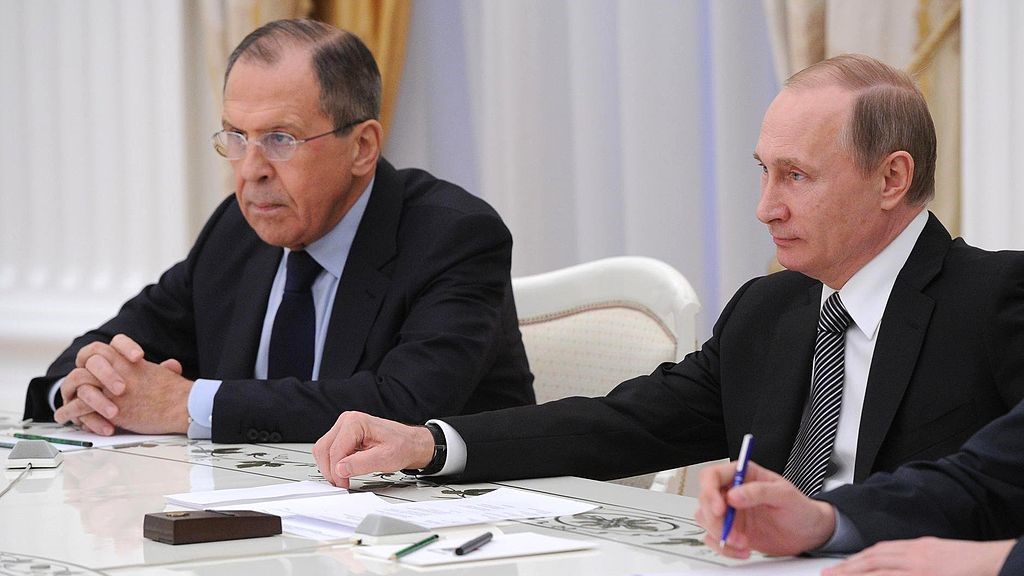For years, Moscow and Caracas have kept up a political partnership built on shared interests and periodic military exercises.
Others are reading now
Their cooperation has tended to grow stronger whenever tensions rise between Venezuela and Washington.
Now the relationship is again in the spotlight as both countries highlight a new security pact still waiting for final approval.
Those reminders come at a moment when the United States is sending more ships toward the region, creating a fresh round of uncertainty over what might unfold near Venezuela’s coast.
Signals from Moscow
This week, Russian Foreign Minister Sergey Lavrov said the agreement signed with Venezuela in May is nearing full ratification.
Speaking to Russian outlets, he noted that Russia is “ready to fully act within the framework of the obligations that were mutually stipulated in this agreement with our Venezuelan friends.”
Also read
He added that leaders in both countries have already endorsed the plan. According to Lavrov, the document calls for continued security cooperation, including areas tied to military technology.
Russian officials say the pact is not yet in force but is close to completion. They describe it as the structure that will guide the next stage of bilateral cooperation.
Growing U.S. presence
Meanwhile, Washington has expanded its naval footprint near Venezuelan waters.
The White House says the mission is part of efforts to disrupt drug smuggling networks. Analysts cited by U.S. outlets have argued that planned strikes on drug boats would likely conflict with international law.
The latest movement came with the arrival of the USS Gerald R. Ford, the largest aircraft carrier in service.
Also read
Several other U.S. Navy vessels are also in the area, prompting questions about whether the increased presence could mount pressure on the government of Nicolás Maduro.
Local media coverage in both countries has focused on whether the buildup signals a more assertive U.S. strategy in the region.
Weapons questions and political tension
Lavrov said Venezuela has not asked Russia to send military systems or personnel.
Even so, one senior Russian official recently suggested that Moscow could transfer the Oreshnik intermediate-range ballistic missile, a system used in a strike on central Ukraine last year.
There is no indication that such a move is being pursued.
Also read
Statements from Moscow have added to speculation over how far the partnership might go as the security pact nears completion.
Venezuelan officials have not publicly requested hardware from Russia, and there are no signs of active deployment plans.
Lavrov stressed that the agreement remains focused on cooperation already outlined by both governments.
A pact almost in place
According to Tass, the Russian legislature is now handling the final steps of ratification. Lavrov said the text commits both governments to continue joint security planning once the process is finished.
For now, the message from Moscow signals political support for a long-standing ally, arriving at a moment when U.S. naval forces are drawing closer to Venezuelan shores.
Also read
Sources: Tass, Reuters, PA, Mirror


